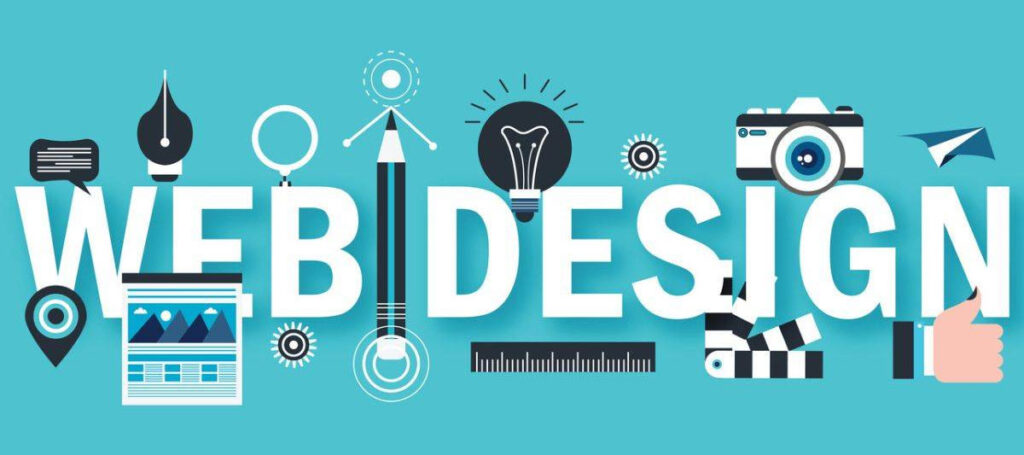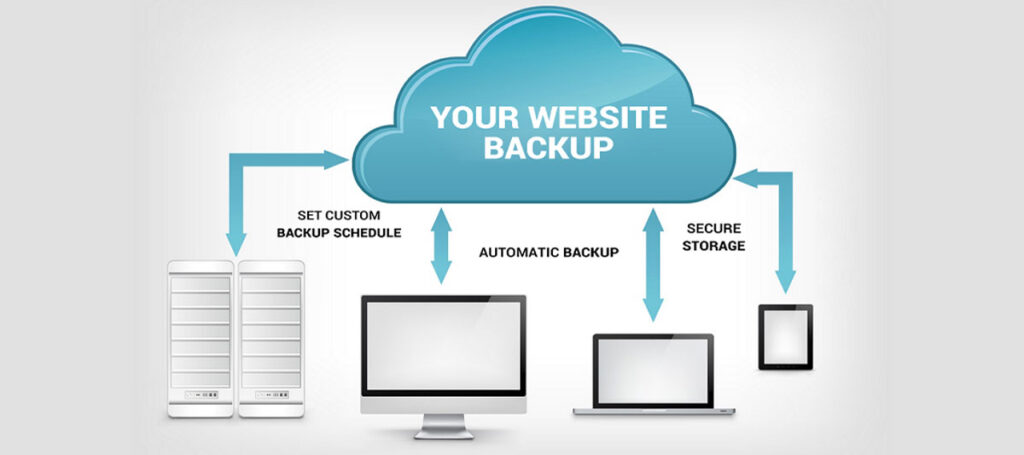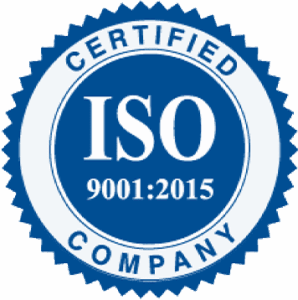
Many healthcare institutions are at capacity, encountering a variety of issues such as patient overcrowding, supply shortages, and changing clinical/staffing requirements. The majority of clinical studies and research have been canceled or postponed. The majority of institutions are attempting to reduce expenditures in every way they can. So, where does healthcare software development fit into all of this, and what can we anticipate from it in the COVID-19 era and beyond?
healthcare software development has emerged as a promising means of transforming the paper-based system into a computerized one that ensures effective care and patient safety. And for a time, things in this segment seemed to be going well.
When the Covid-19 pandemic hit, however, it triggered the healthcare system’s three-phase response: respond, recover, and renew. The first stage resulted in the cancellation of all non-essential initiatives, including IT research and development.
Emerging technology including healthcare software development company has changed practically every area of people’s life nowadays. The introduction of healthcare software to the market has likewise transformed the healthcare industry. Healthcare software helps healthcare providers manage and do their work more efficiently by streamlining and speeding up the delivery of care.
Benefits from cutting-edge technology
Artificial Intelligence in Healthcare
In the analysis, comprehension, and interpretation of complicated medical data, AI can mimic human cognition. AI systems rely primarily on input data to make educated guesses. AI analyses data across the custom healthcare software development to mine, automate, and anticipate outcomes. It’s mostly used to anticipate patient admissions, optimize clinical processes, ICU transfers, and even look into a patient’s risk of getting an infection in the hospital.
The Internet of Things in Healthcare
The Internet of Things (IoT) allows custom healthcare software development company to keep a closer eye on their patients. Remote monitoring is now possible thanks to IoT-enabled gadgets, which open up the possibility of treating and caring for patients without their physical presence. It equips healthcare practitioners with the tools they need to provide exceptional care and treatment to patients.
The use of blockchain in healthcare
Blockchain is a game-changing technology that has the ability to provide complete data protection, increase transparency in financial processes, and simplify billing cycles. Blockchain allows for the secure transfer of patient medical records as well as the management of the pharmaceutical supply chain.
Doctors’ Advantages
Paperwork is reduced.
Excessive paperwork is reduced with the use of medical software development company, allowing healthcare providers to devote more time to primary care and patient treatment. It relieves doctors’ workload and allows them to provide higher-quality care. By entirely automating patient registration, form filling, record maintenance, file management, and data storage, healthcare software can help eliminate the majority of the paperwork.
Collaboration with other experts is becoming more common.
Doctors, physicians, and other professionals can now communicate and share their knowledge with other experts thanks to technological advancements that have abolished all geographical barriers. It also enables healthcare organizations to collaborate with the world’s top healthcare experts and perform better learning and training for their staff. Collaboration with different professionals also leads to more informed treatment decisions for patients.
Patients’ Benefits are Improved Outreach to patients
Patients and healthcare personnel can communicate with each other via instant messaging, video calling, or voice calls, thanks to mobile health apps, patient portals, and other healthcare technologies.
Quality healthcare has improved.
The quality of treatment and care delivered to patients improves dramatically when healthcare providers have less paperwork and more access to educational resources. Healthcare software aids in the development of adaptable solutions that increase efficiency and ensure smooth medical operations. As a result, patients benefit the most from healthcare software development.








